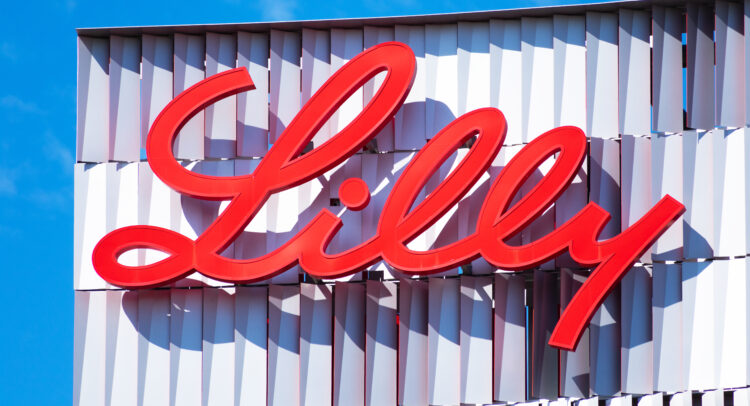A European health committee has rejected Eli Lilly’s (LLY) Alzheimer’s drug, Kisunla, because of safety concerns about possible brain swelling and bleeding. Although the drug is already approved in the U.S. for people with early-stage Alzheimer’s, the European Medicines Agency said the risks were too high compared to the benefits. As a result, the agency’s Committee for Medicinal Products for Human Use recommended against giving the drug marketing approval in Europe.
Nevertheless, Eli Lilly said it plans to ask for a re-examination of the decision and hopes to continue talks with the agency. Kisunla has already been approved in other countries like Japan and China. It was also approved by U.S. regulators last July, a year after another similar drug called Leqembi from Japanese drugmaker Eisai got the green light. Both Kisunla and Leqembi are the first Alzheimer’s drugs shown to slow down mental decline, although the improvement usually only lasts a few months.
Both treatments are lab-made antibodies given through an IV, and they work by targeting sticky plaque buildup in the brain, which is linked to Alzheimer’s. Last summer, the same European committee also rejected Leqembi over safety concerns, but it later changed its decision and approved it. Experts are still debating which patients should take these drugs and how long the benefits might last.
Is Eli Lilly a Buy, Sell, or Hold?
Turning to Wall Street, analysts have a Strong Buy consensus rating on LLY stock based on 18 Buys, one Hold, and zero Sells assigned in the past three months, as indicated by the graphic below. Furthermore, the average LLY price target of $1,022.71 per share implies 23.3% upside potential.

















